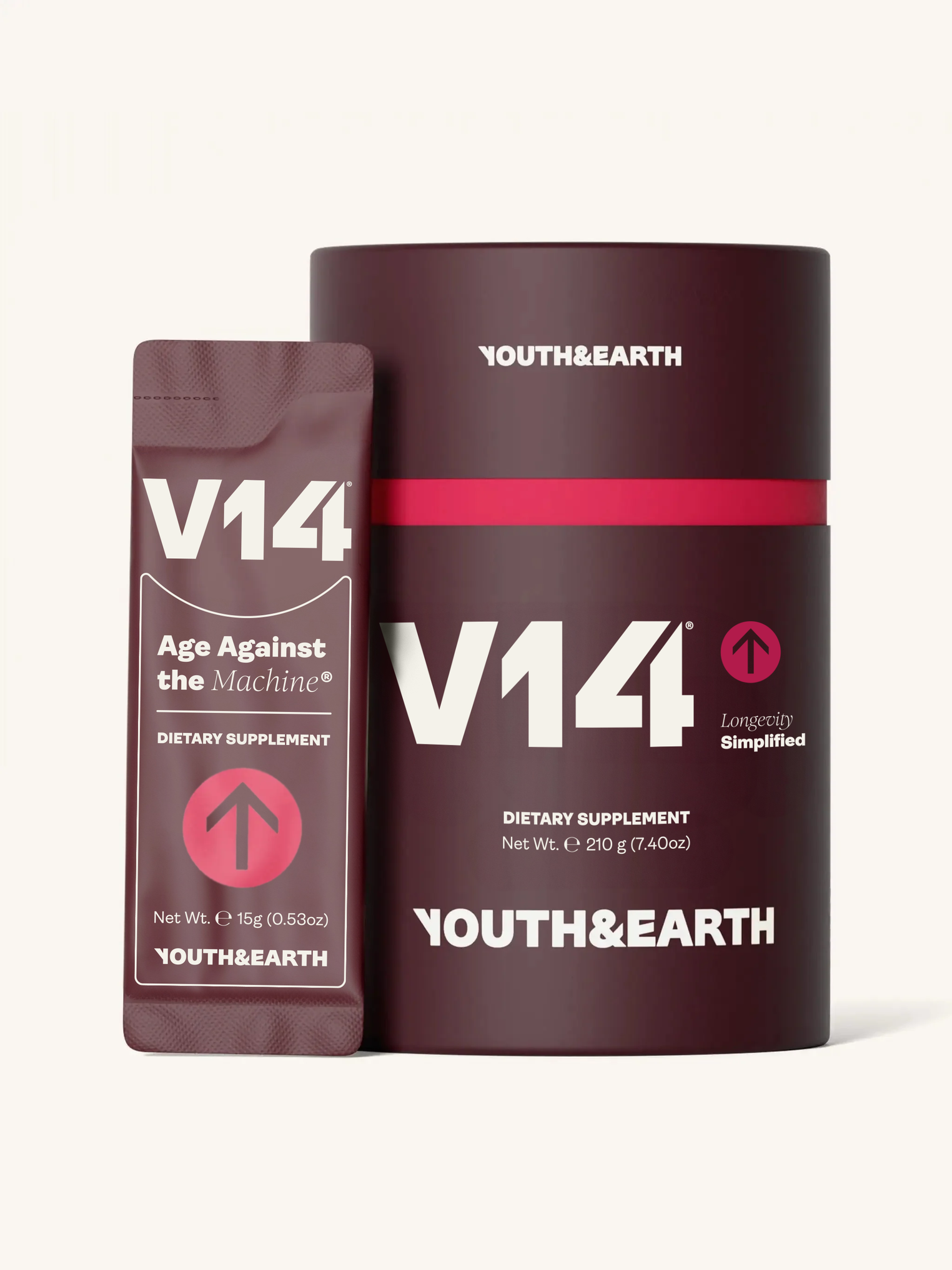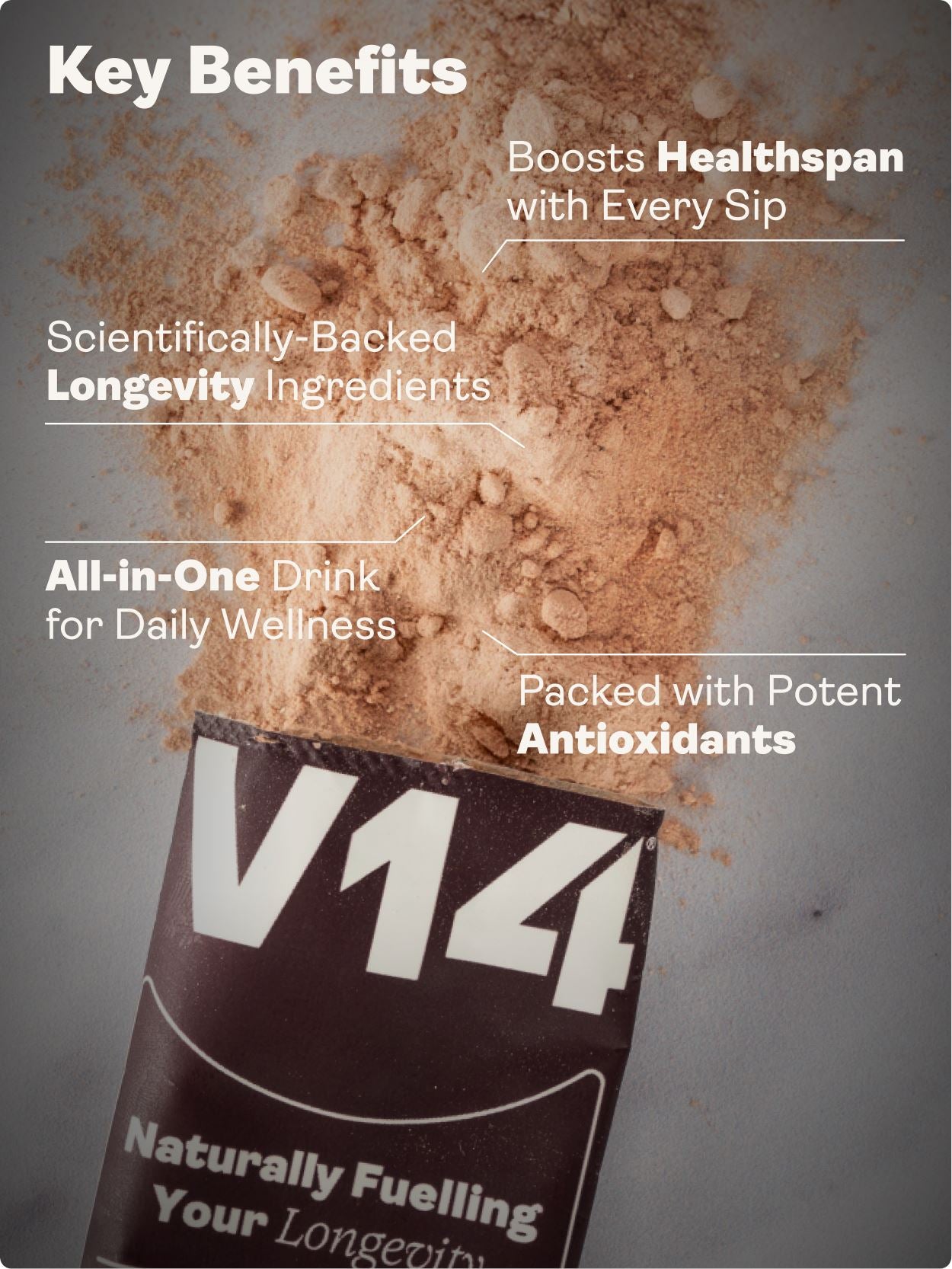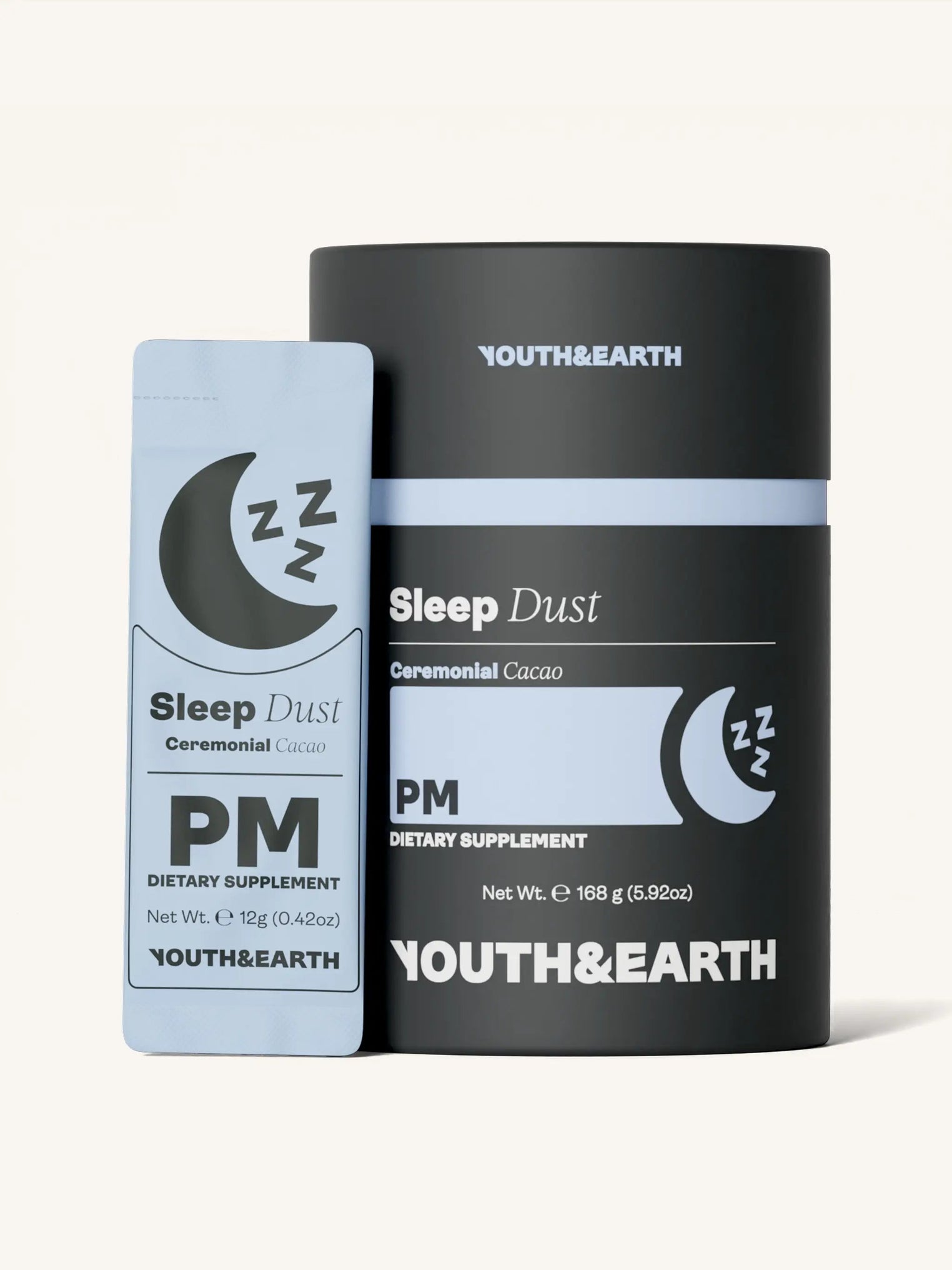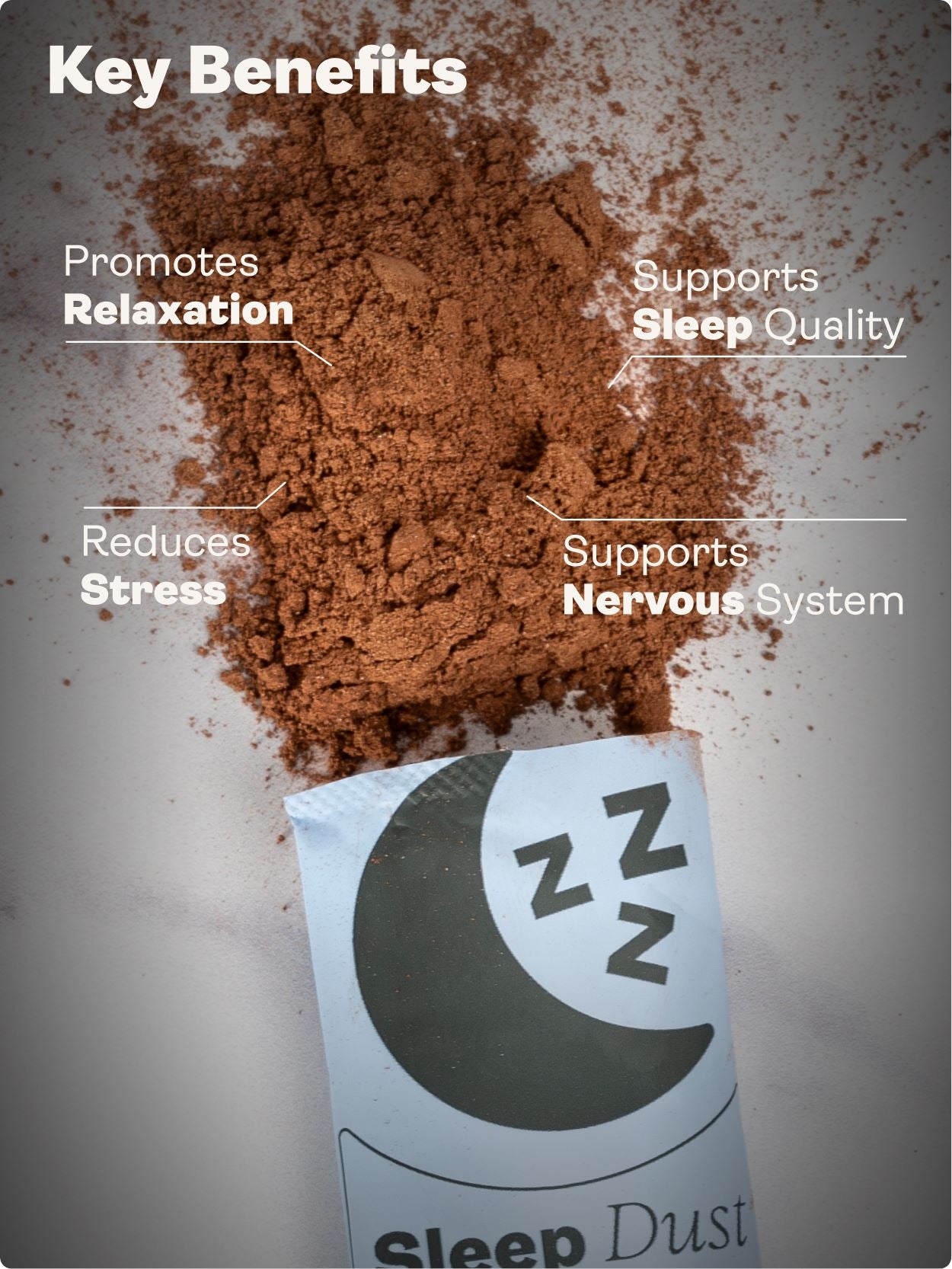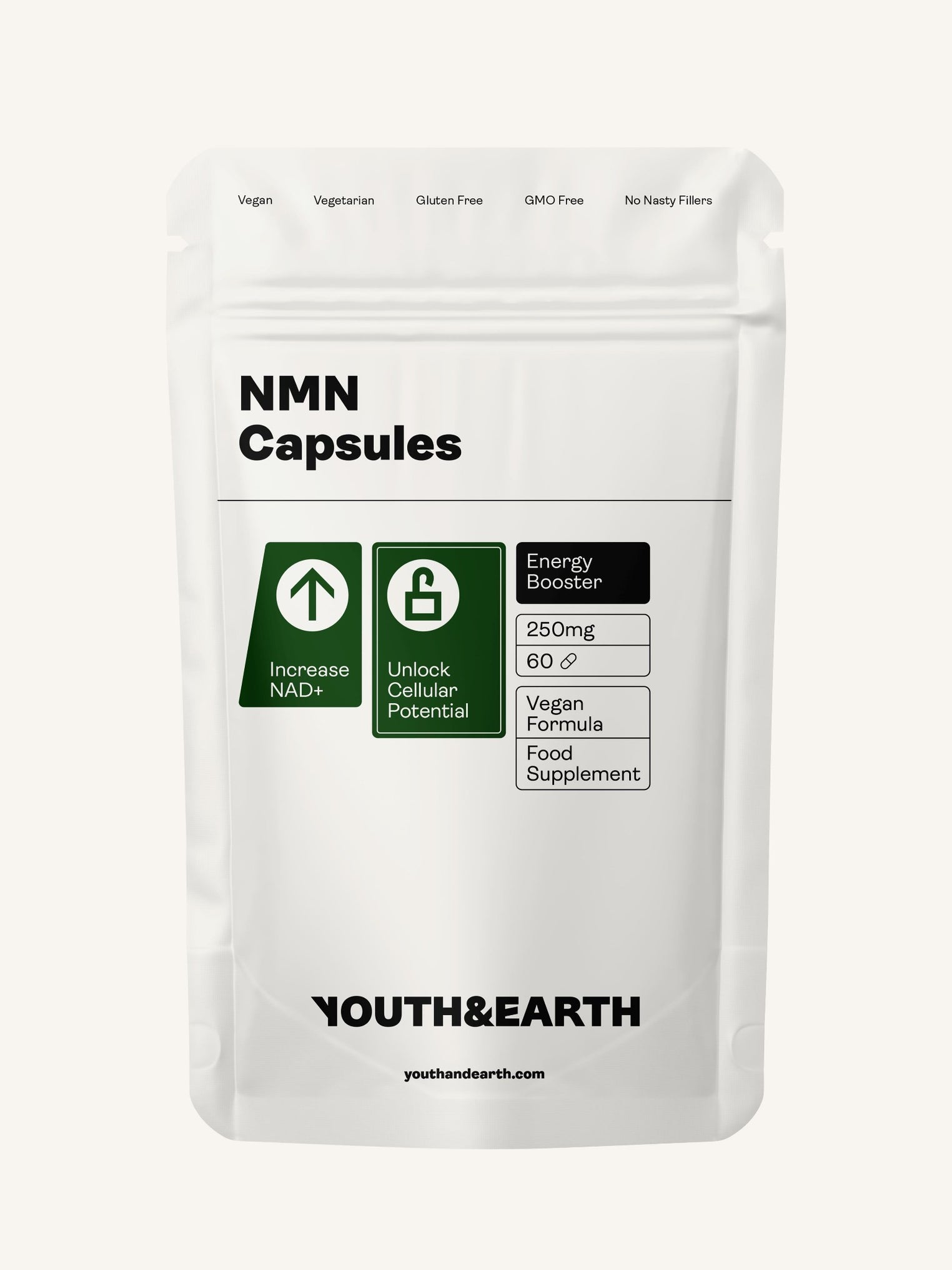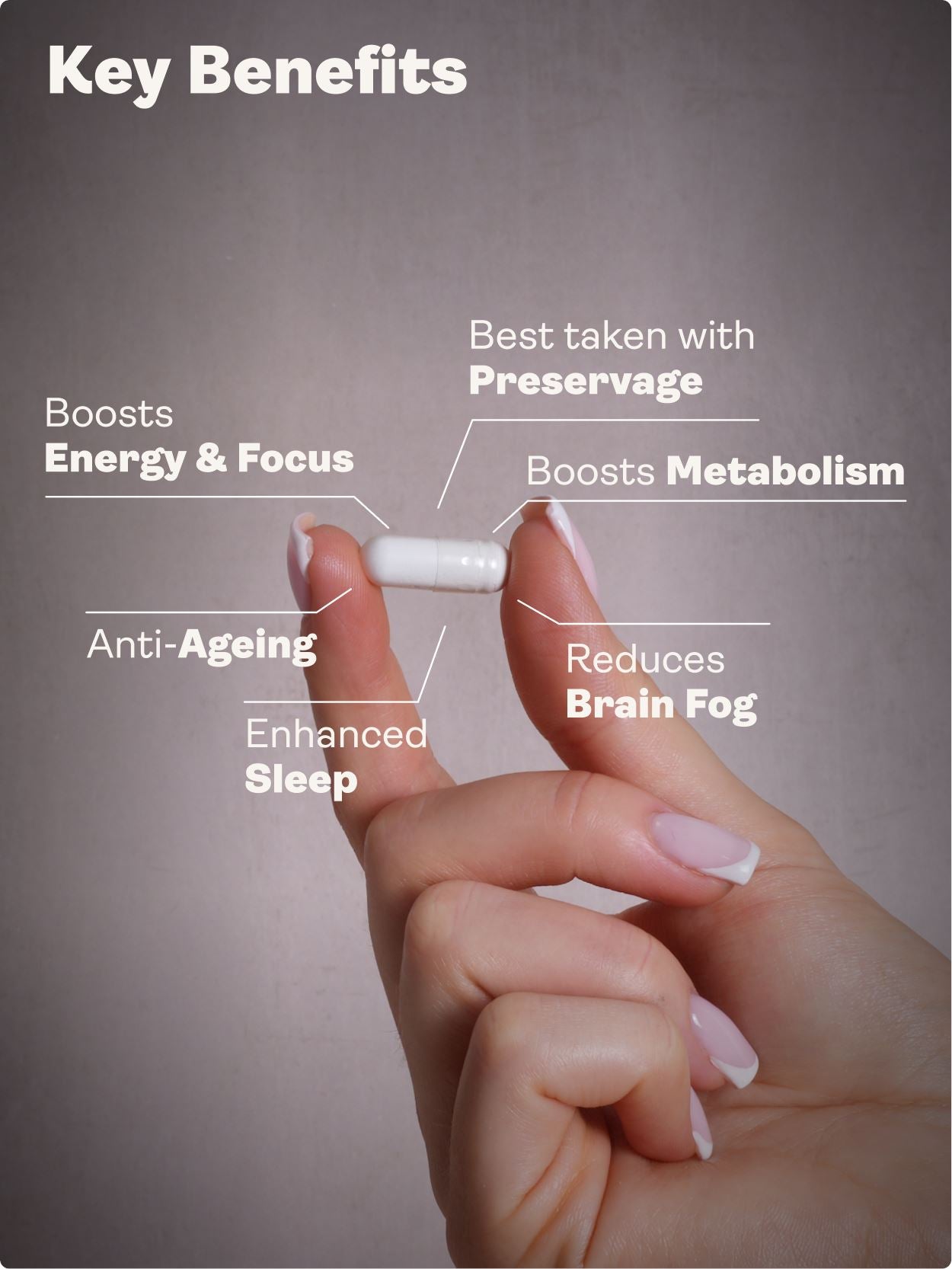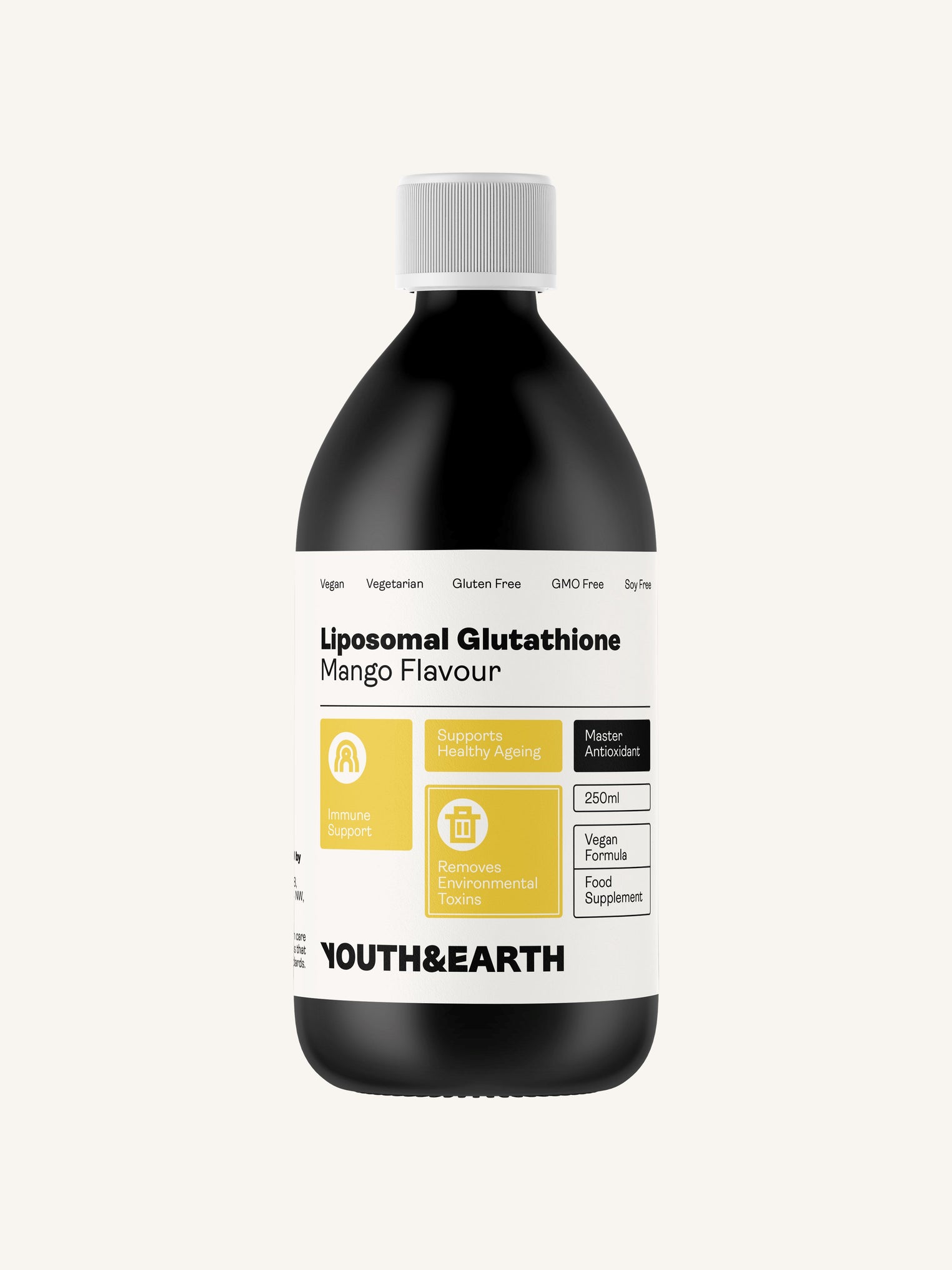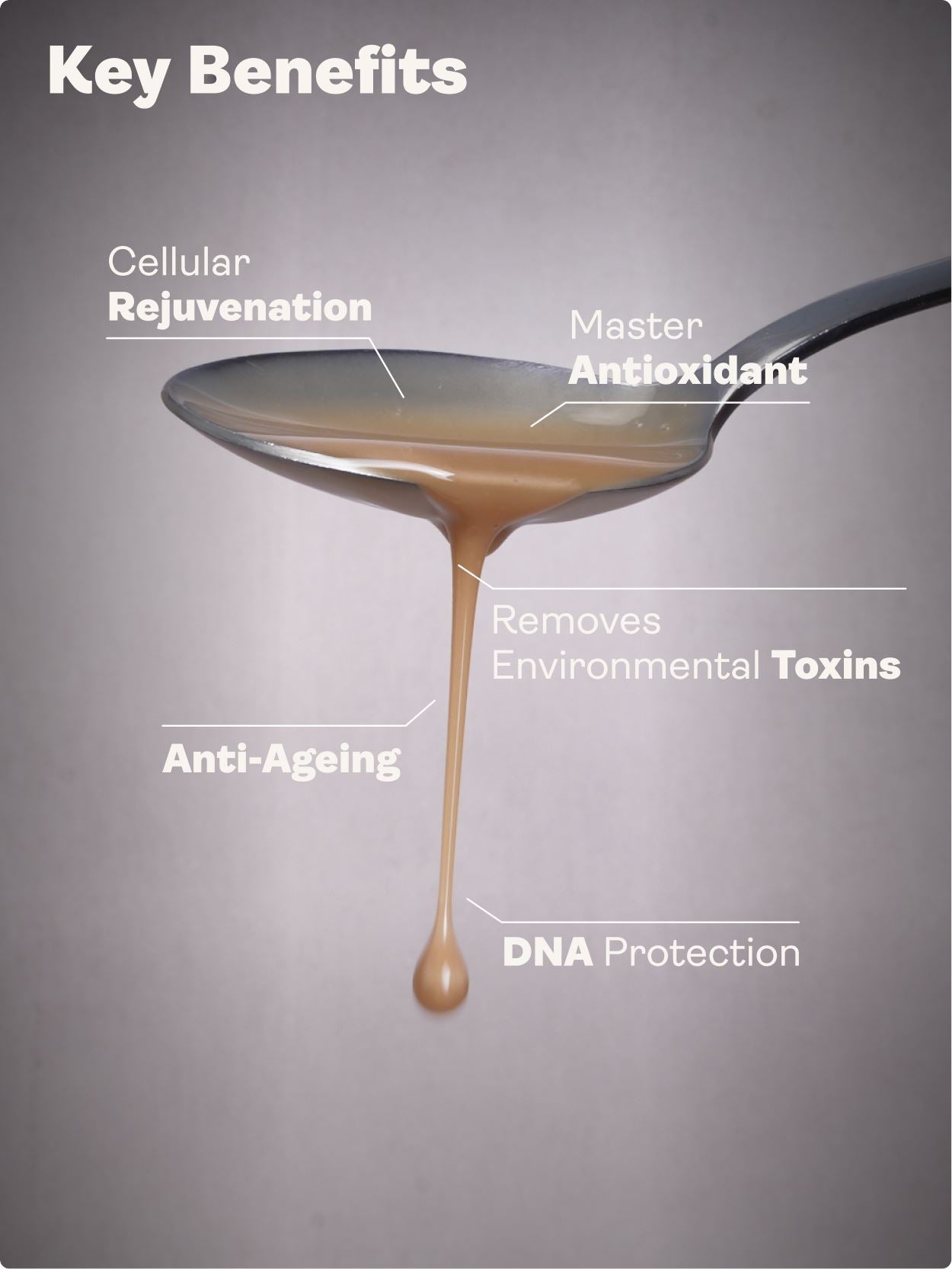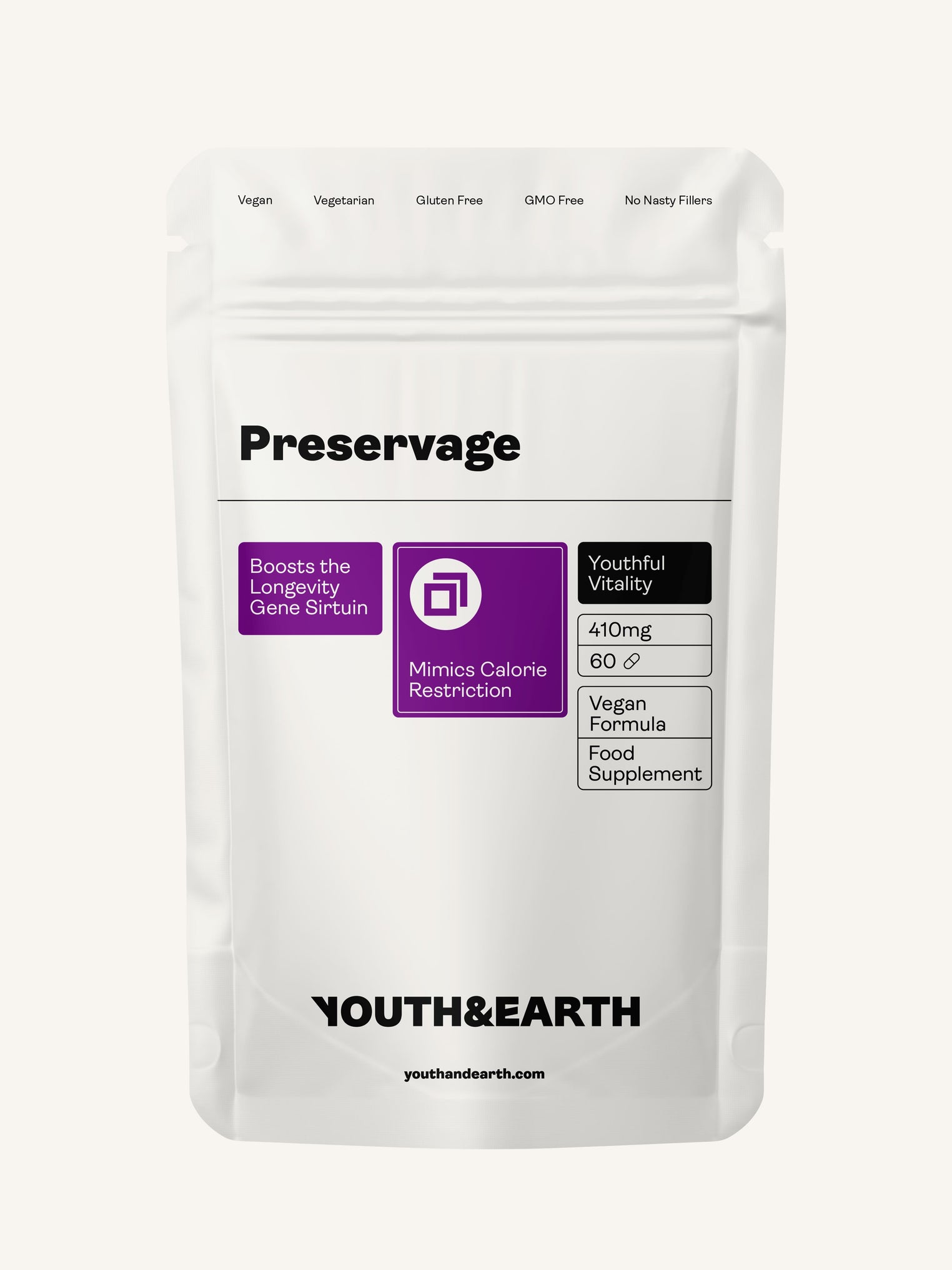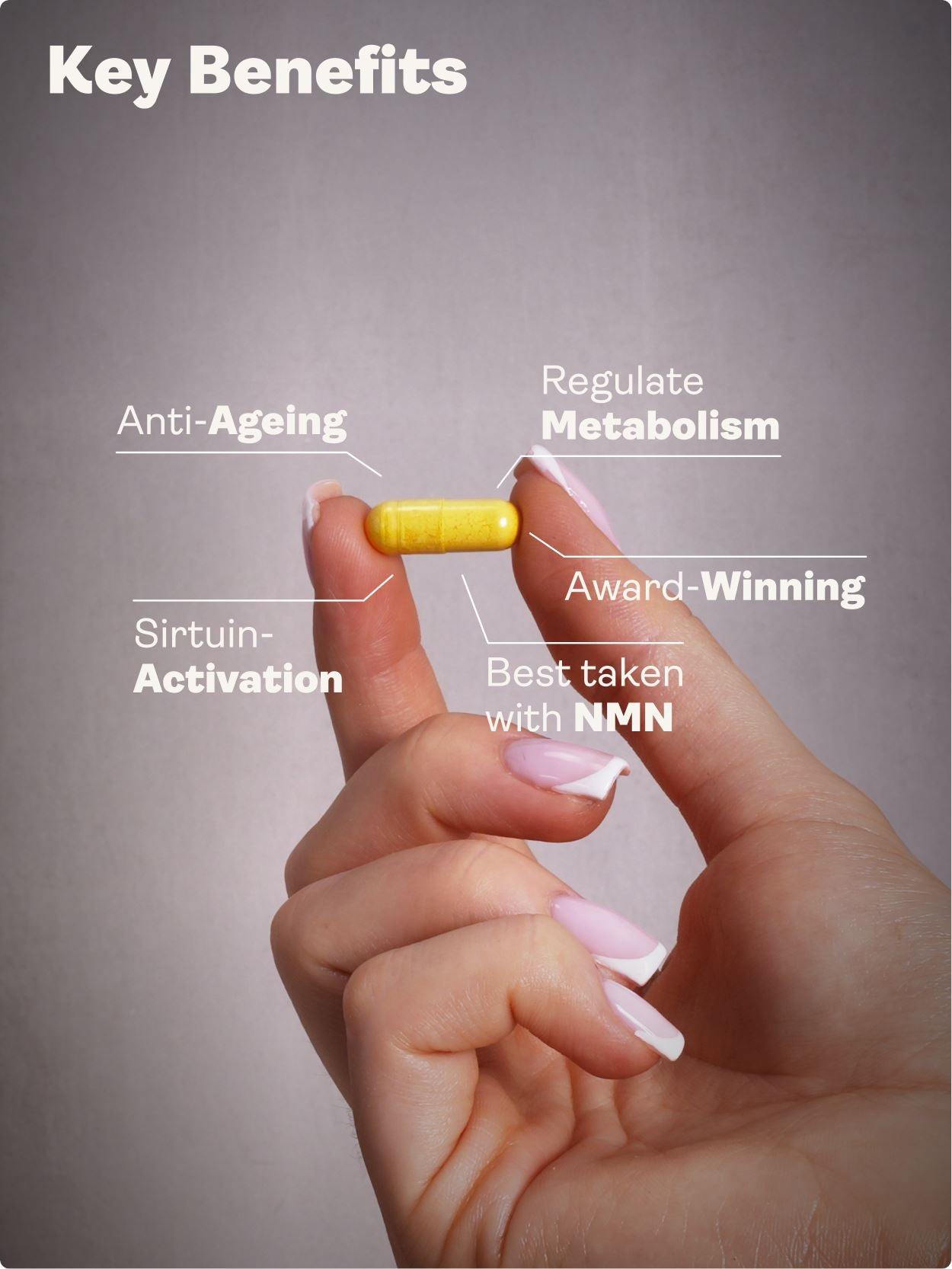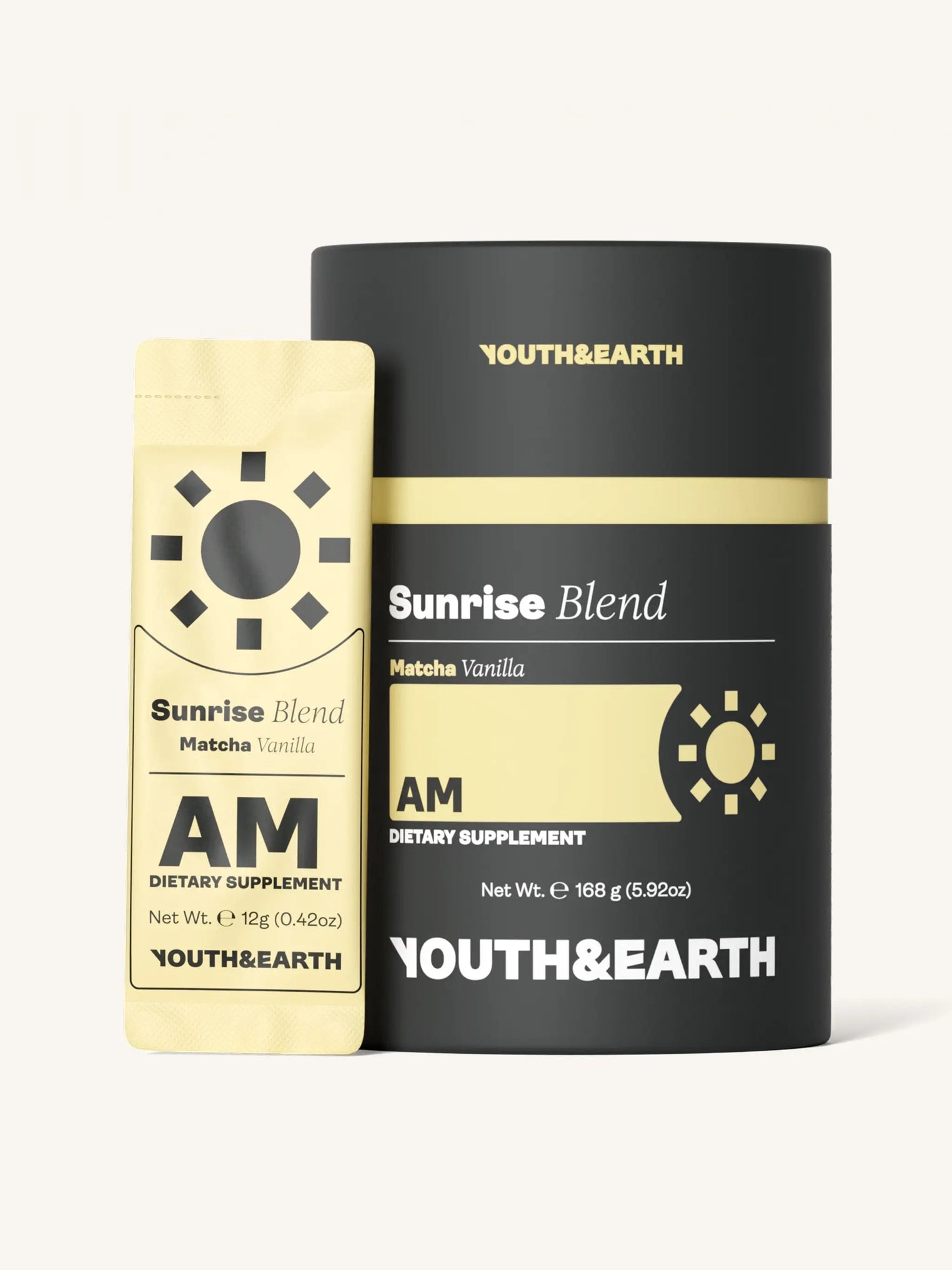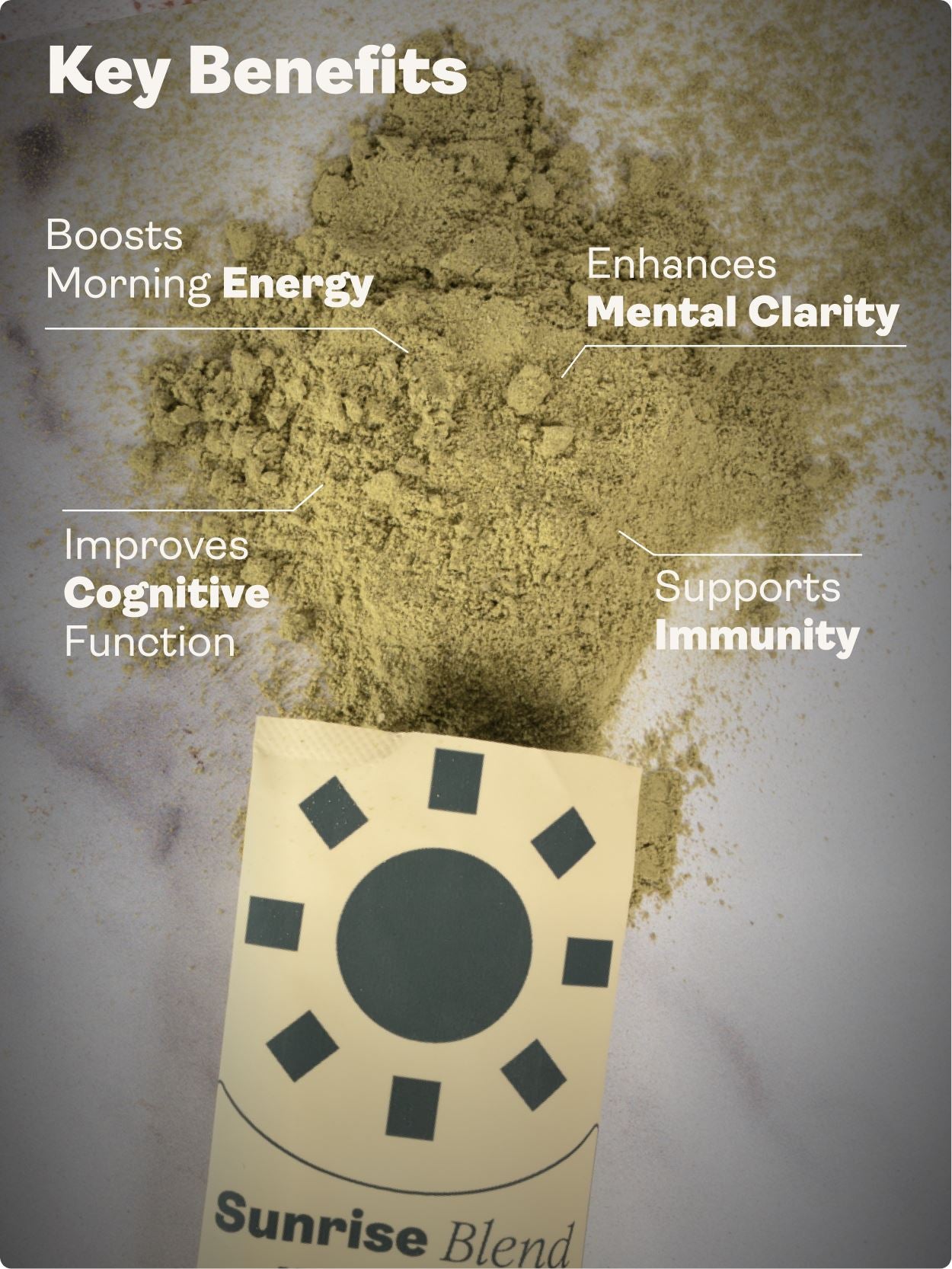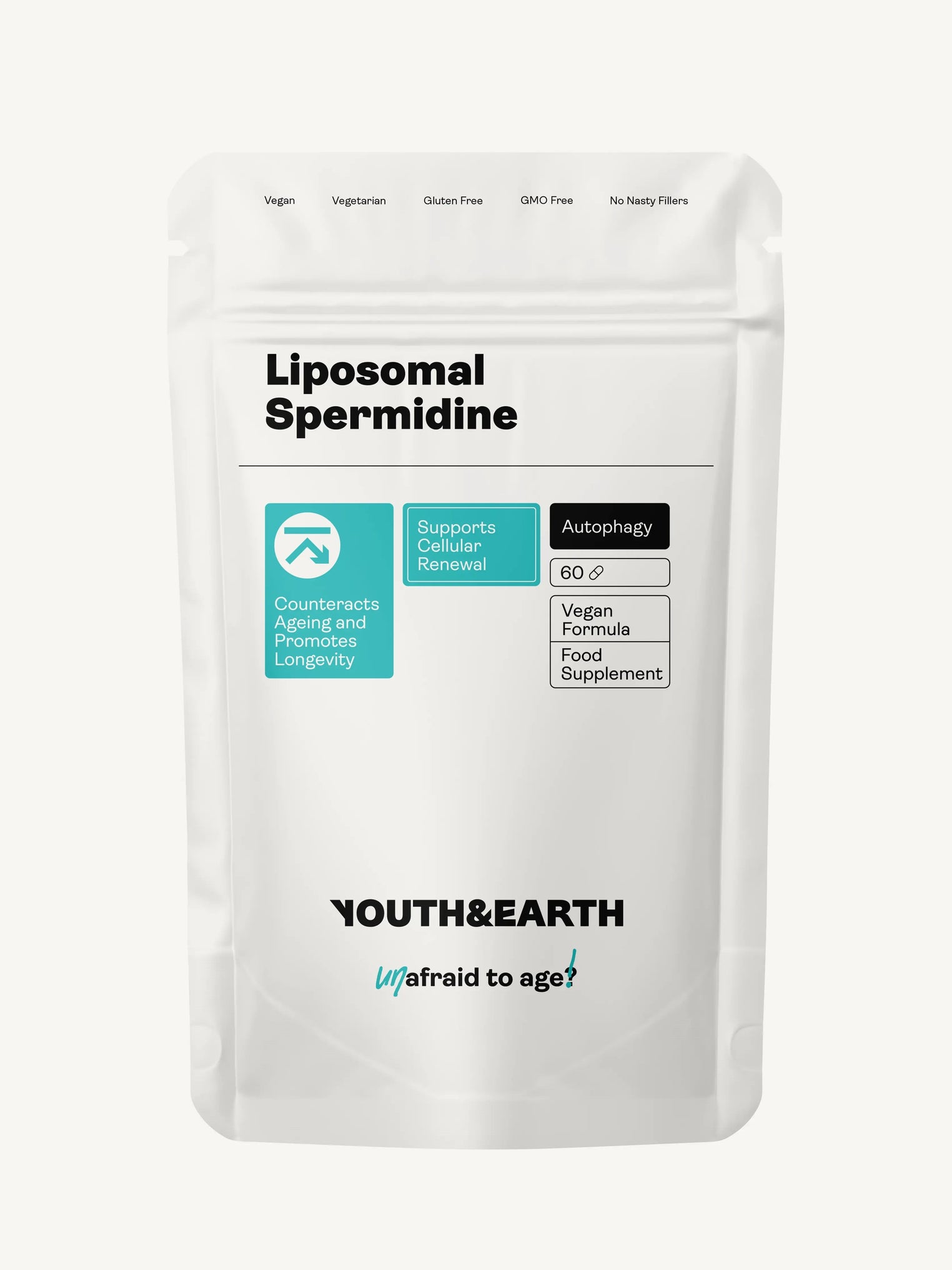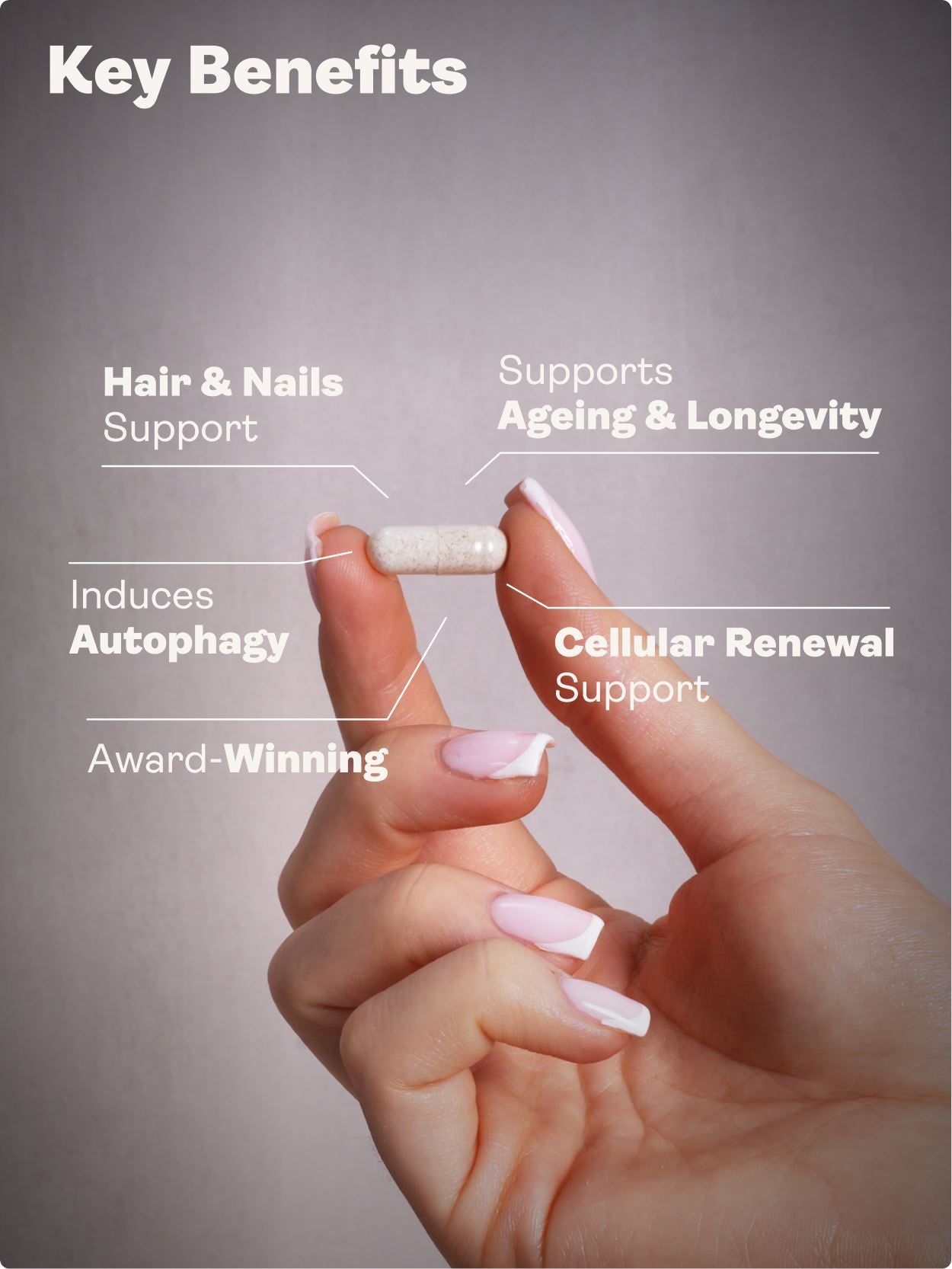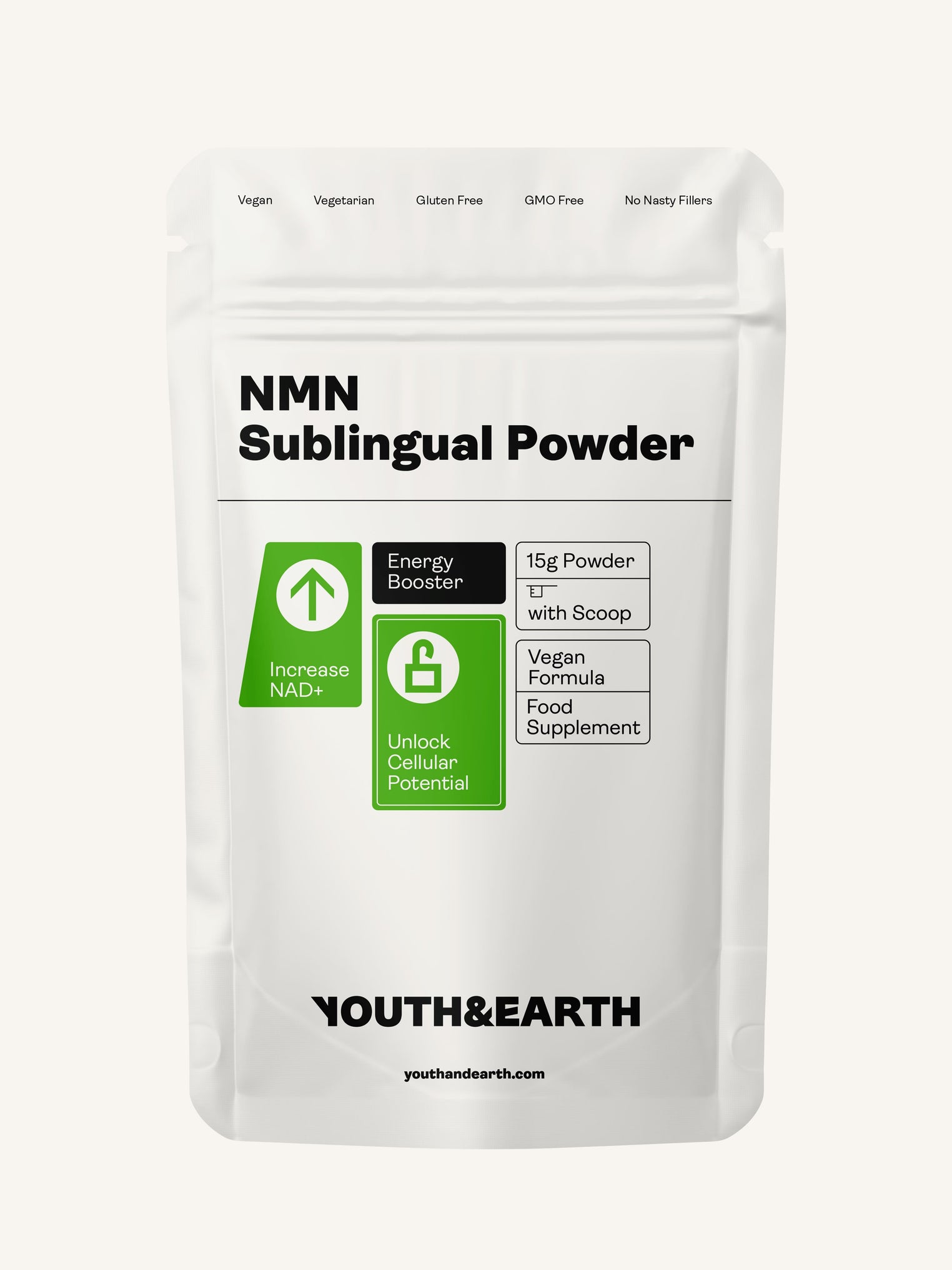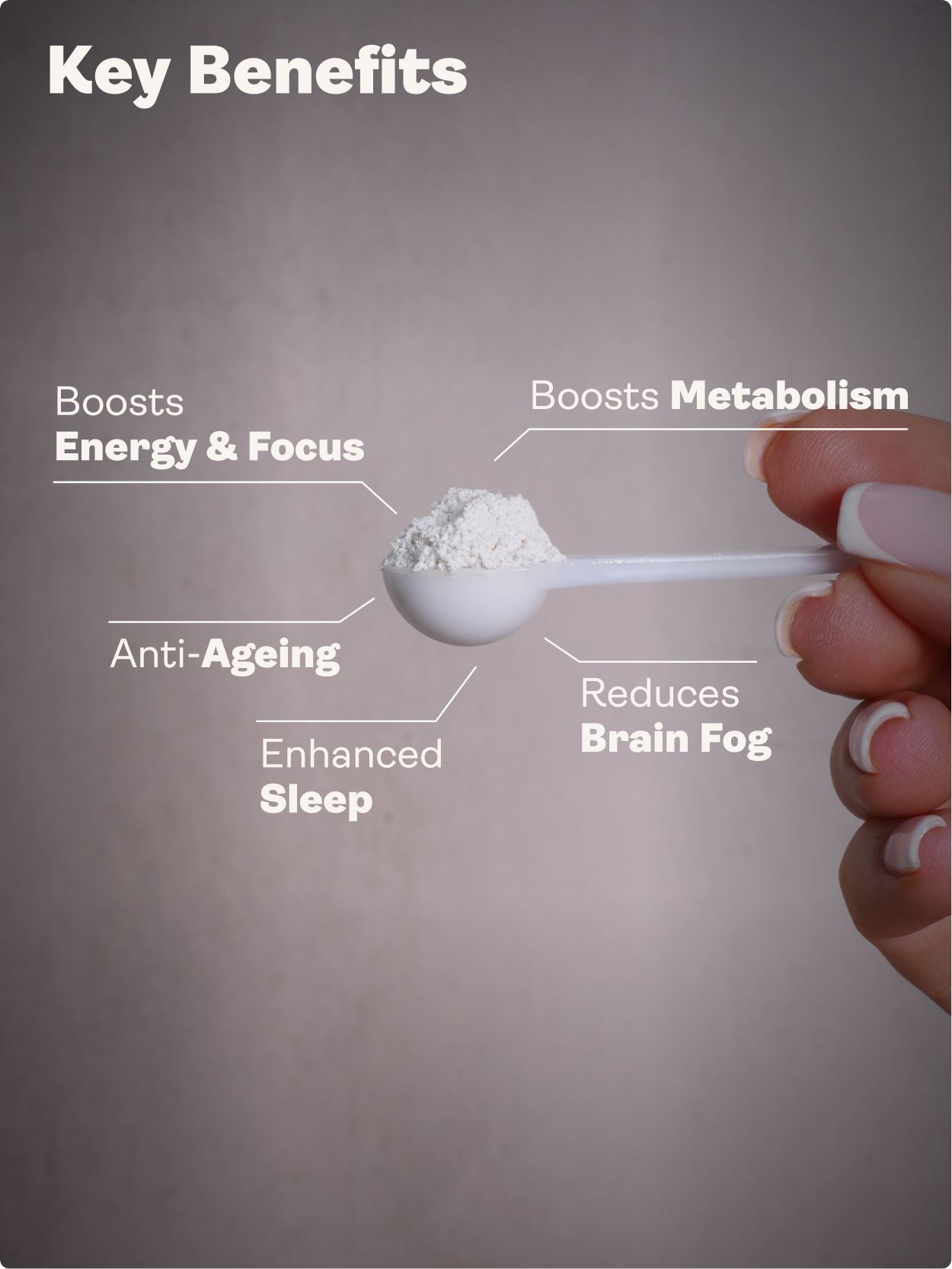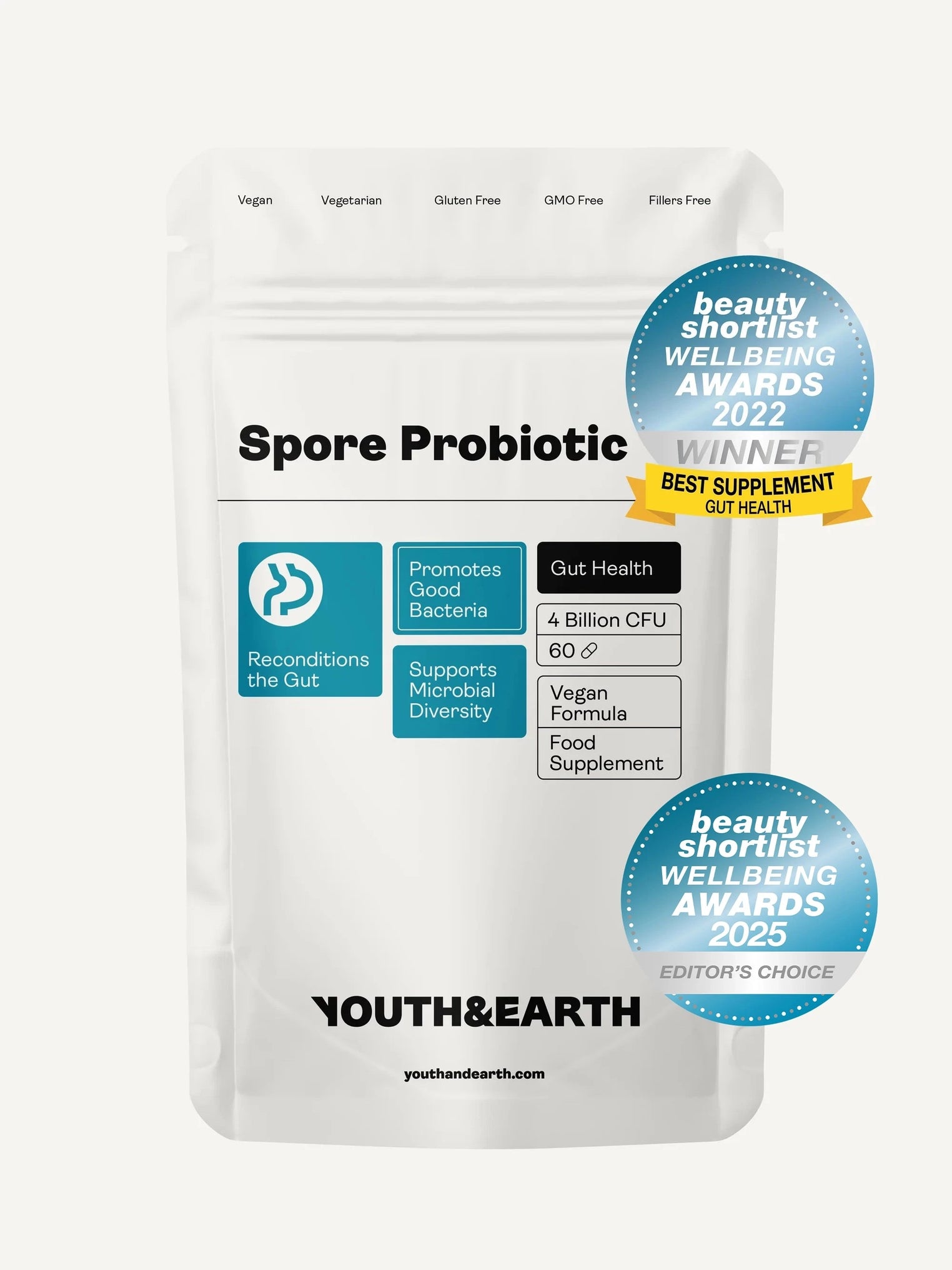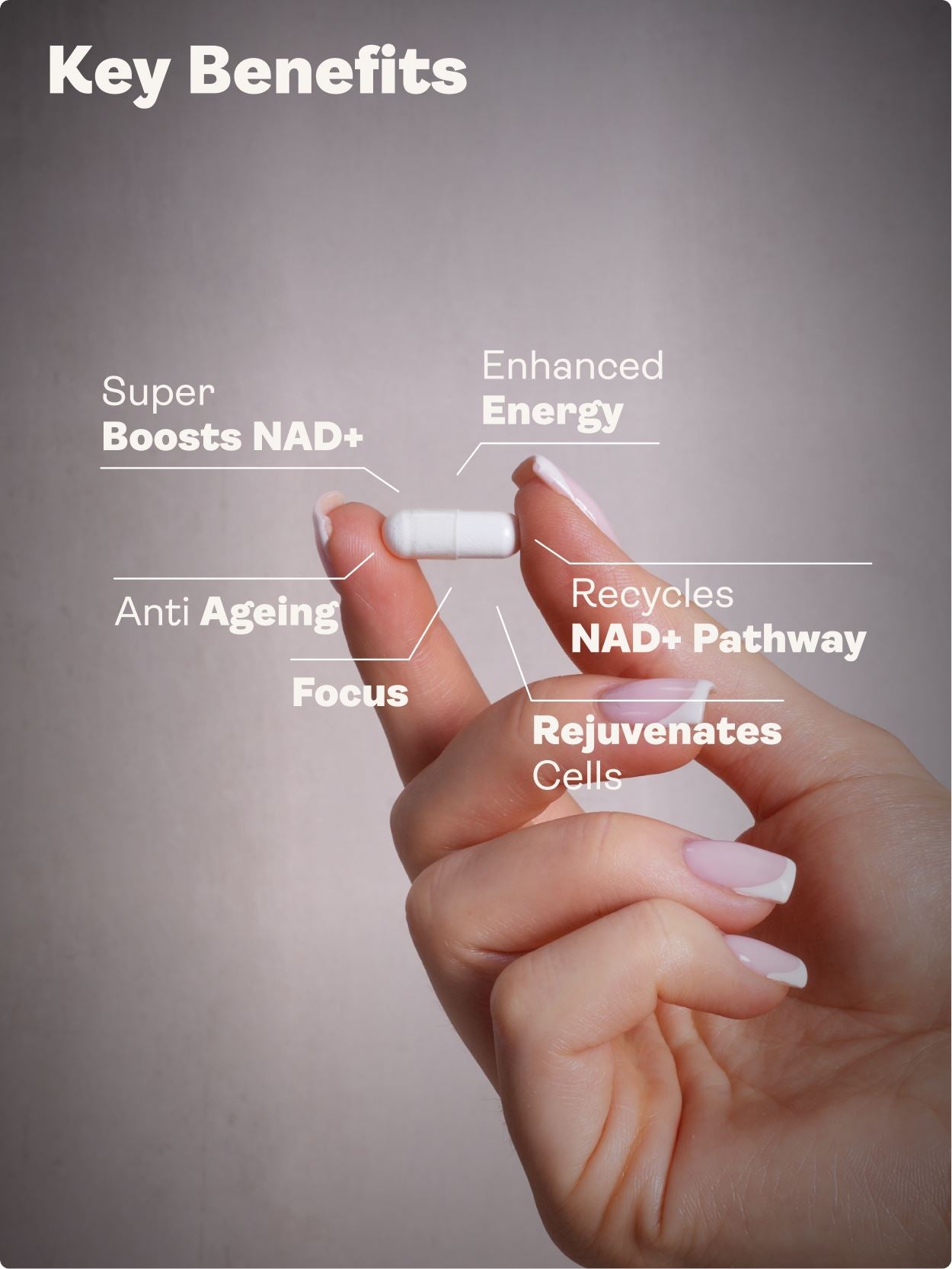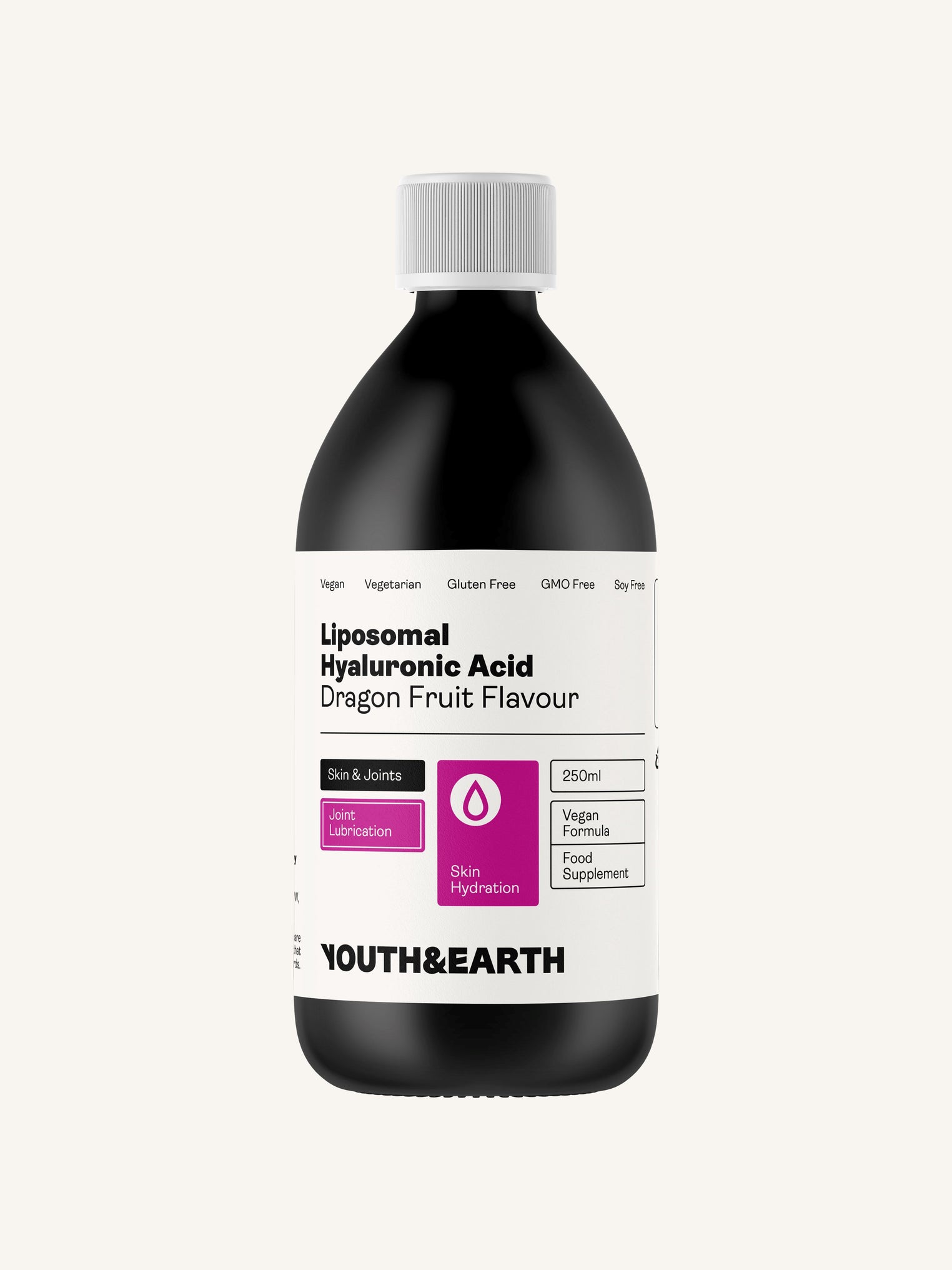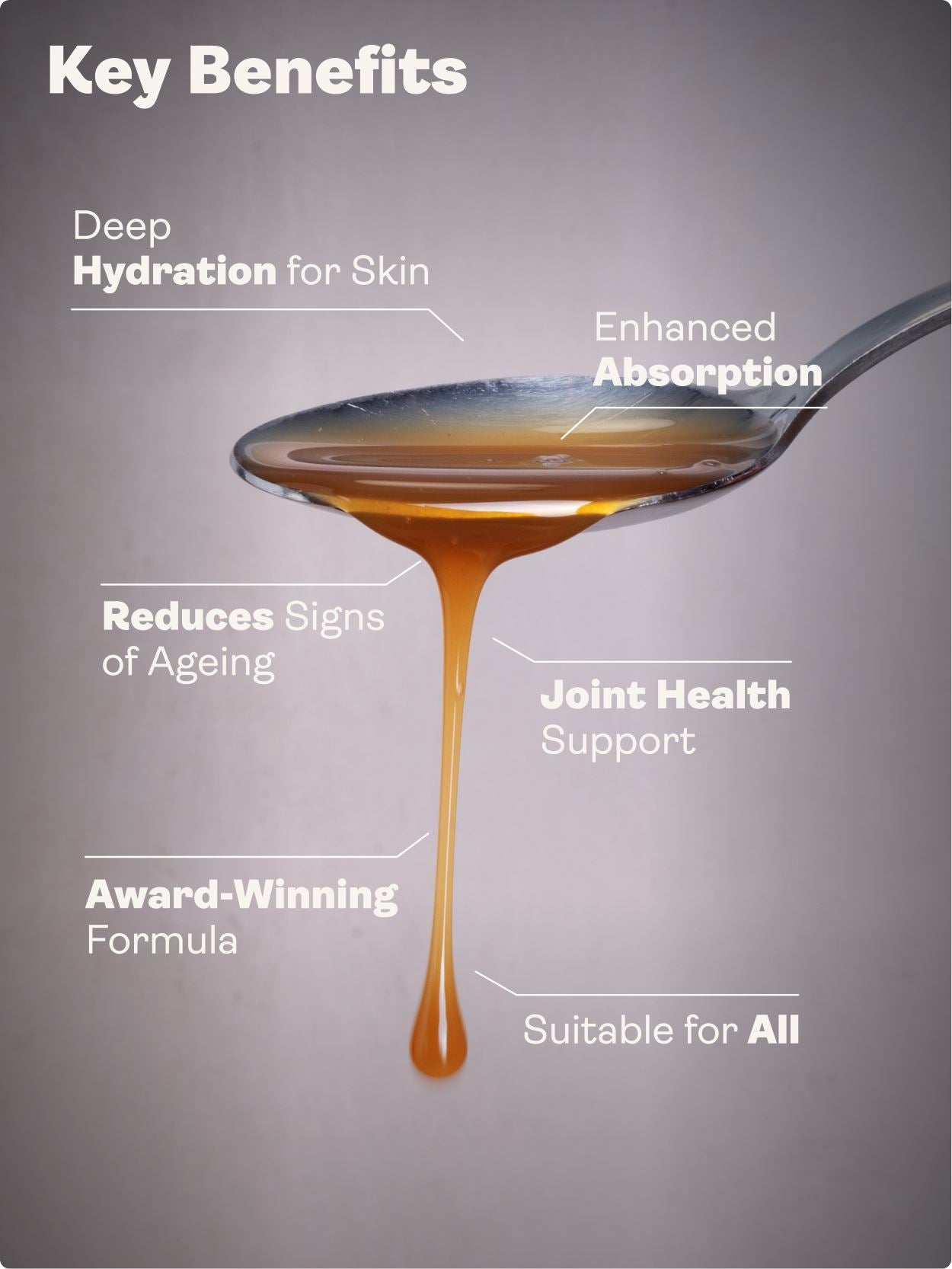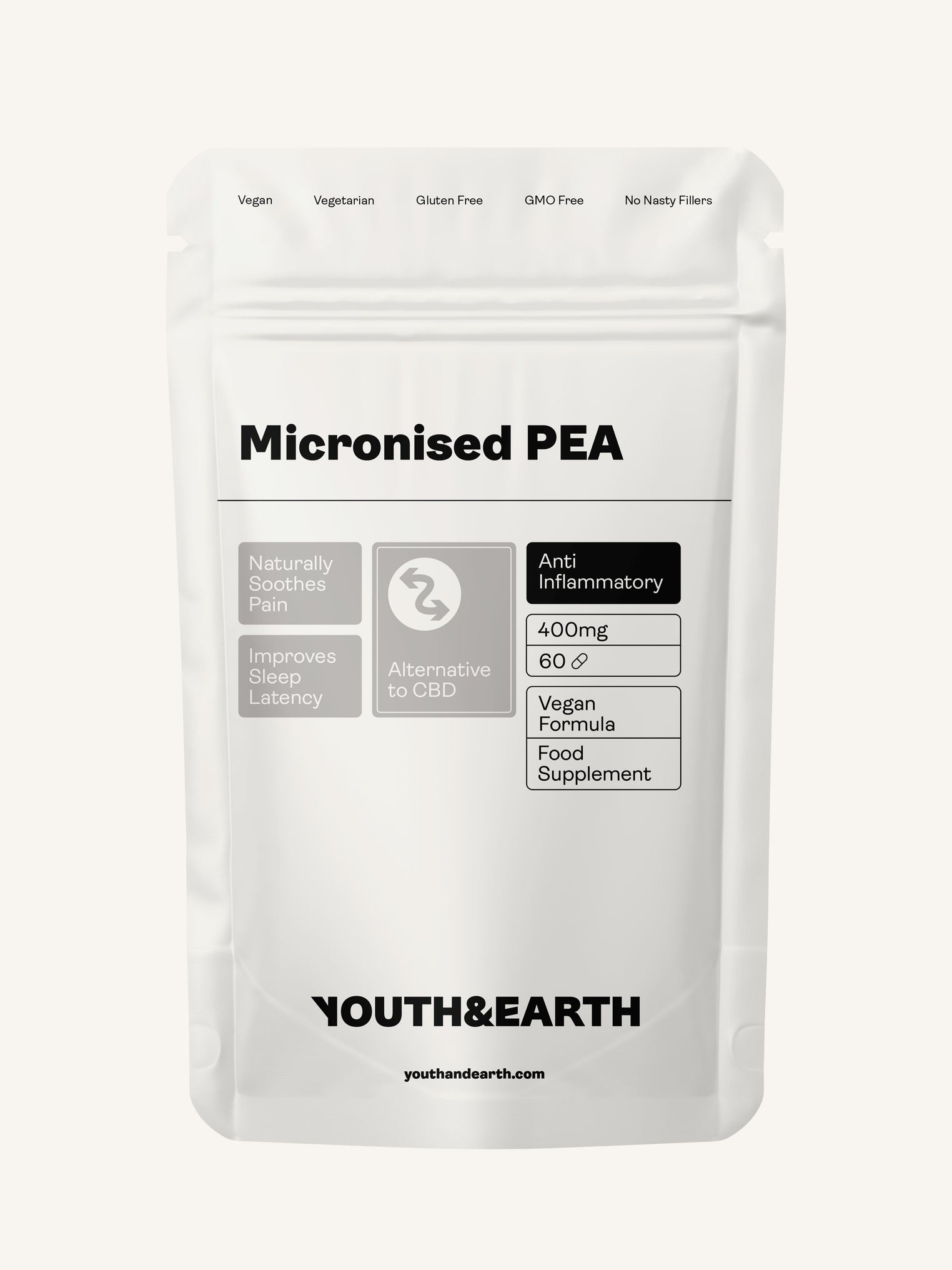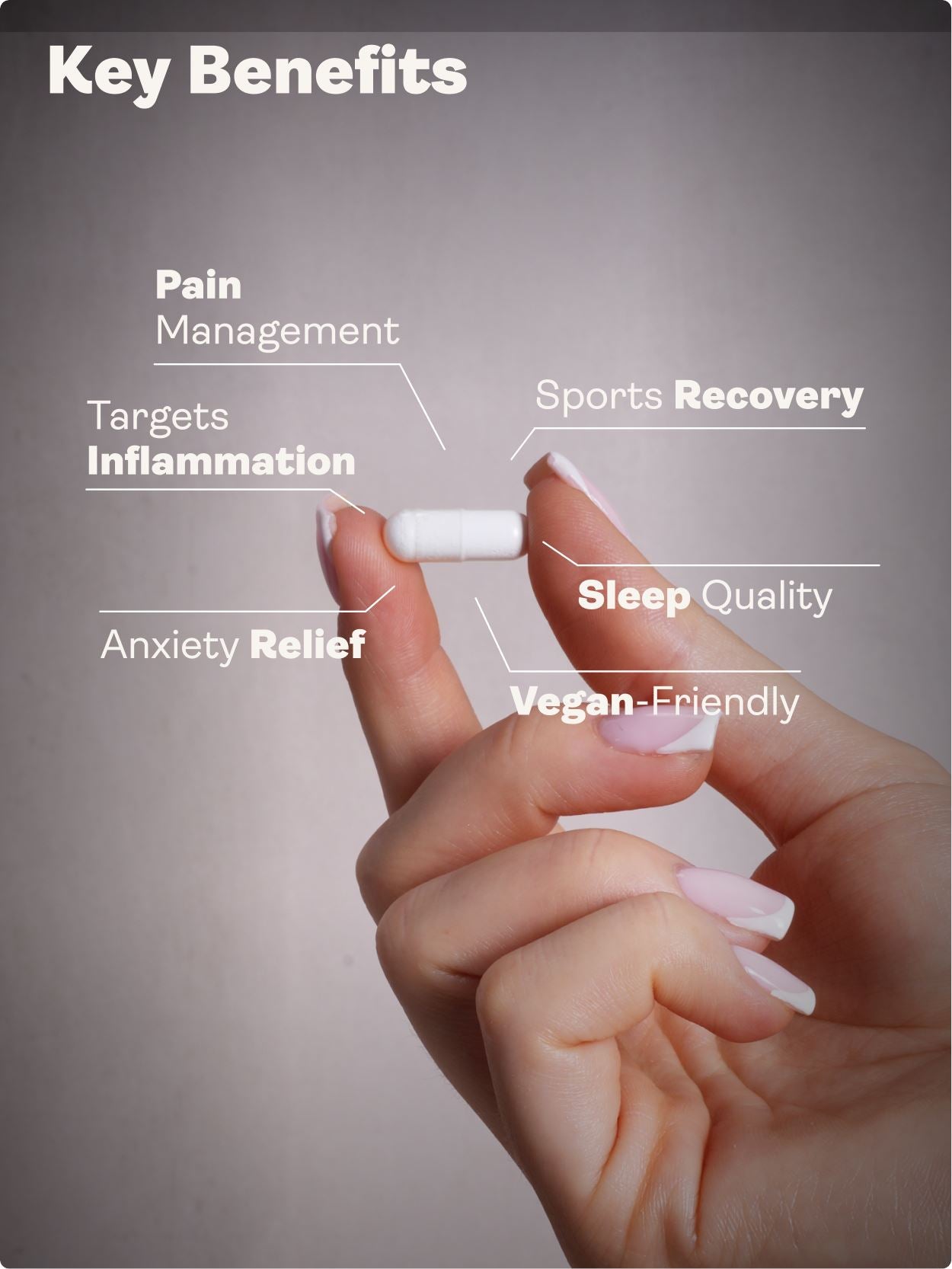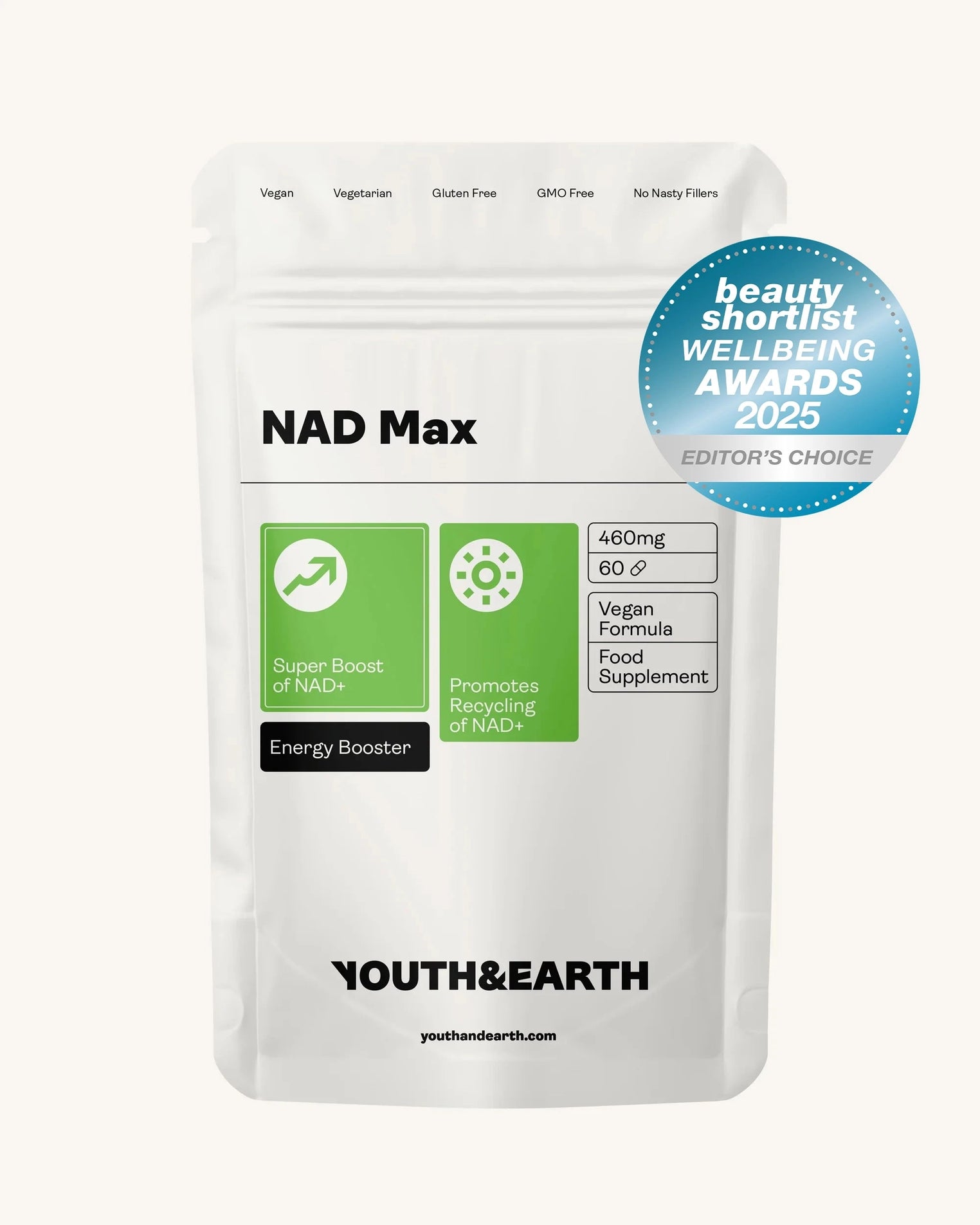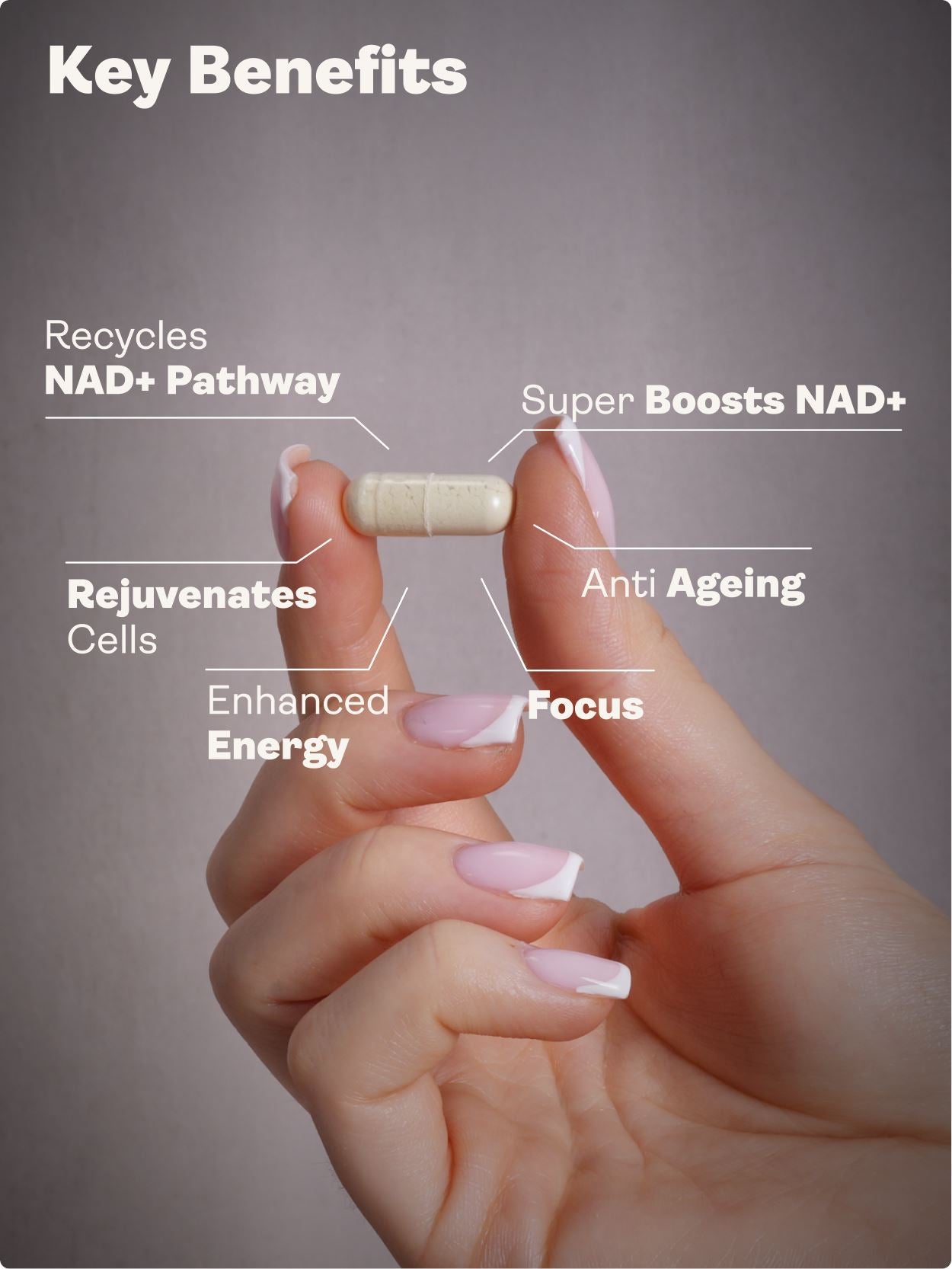TL;DR
Nicotinamide Mononucleotide (NMN) shows promise in supporting female fertility by improving egg (oocyte) quality, increasing ovulation rates, enhancing embryo development, and protecting against chemotherapy-induced damage. Supported by animal studies, NMN’s benefits stem from improved mitochondrial function and reduced oxidative stress. Experts like Dr. David Sinclair endorse NMN for cellular health, and it pairs well with resveratrol and healthy lifestyle practices for reproductive wellness.
Introduction
How can NMN support female fertility? Can it improve egg quality and protect against reproductive damage? This article explores the science behind Nicotinamide Mononucleotide (NMN), its potential to enhance women’s reproductive health, and practical ways to incorporate it into a fertility-focused lifestyle.
Table of Contents |
Science Snapshot
A 2019 study in Cell Reports found that NMN supplementation in aged mice improved oocyte quality and restored fertility by enhancing mitochondrial function (Bertoldo et al., 2019). A 2021 study in Aging Cell showed NMN increased ovulation rates and blastocyst formation in mice, supporting embryo development (Miao et al., 2021).
What Is NMN?
Nicotinamide Mononucleotide (NMN) is a naturally occurring compound that supports cellular energy production. Found in small amounts in foods like broccoli, avocados, and edamame, NMN is a precursor to essential cellular processes, promoting mitochondrial health and reducing oxidative stress. Its small molecular size allows it to enter cells efficiently, making it a popular supplement for anti-aging and fertility.
Sources of NMN:
-
Dietary: Broccoli, cabbage, avocados, edamame.
-
Supplements: Capsules or powders, typically 250–500 mg daily.
-
Why It’s Unique: NMN enhances cellular repair, supporting reproductive tissues (Bertoldo et al., 2019).
Why Does NMN Matter for Female Fertility?
NMN supports female fertility by improving egg (oocyte) quality, increasing ovulation rates, enhancing embryo development, and protecting against chemotherapy-induced ovarian damage. Animal studies suggest NMN counters age-related fertility decline by boosting cellular health. Dr. David Sinclair, a Harvard longevity researcher, notes, “NMN supports cellular energy, which is critical for reproductive health.”
How Does NMN Improve Egg Quality?
Egg quality declines with age due to reduced mitochondrial function and increased oxidative stress. NMN improves oocyte quality by enhancing mitochondrial energy production and reducing damage from reactive oxygen species (ROS).
Evidence:
-
Bertoldo et al. (2019): NMN supplementation in aged mice restored oocyte quality, improving fertilization rates (PubMed).
-
NMN increased ATP production in oocytes, supporting cellular repair.
Benefits:
-
Higher fertilization success.
-
Reduced chromosomal abnormalities in eggs.
How Does NMN Increase Ovulation Rates?
Aging reduces the number of eggs released during ovulation. NMN boosts ovulation rates by supporting ovarian follicle health and mitochondrial function.
Evidence:
-
Miao et al. (2021): NMN increased ovulation rates in aged mice by 30%, linked to improved follicular development (PubMed).
How It Works:
-
Enhances energy supply to ovarian cells.
-
Reduces oxidative stress in follicles.
Learn More: How NMN supports cellular health.
How Does NMN Enhance Embryo Development?
Successful embryo development requires healthy blastocyst formation for implantation. NMN supports this process by improving mitochondrial function in early embryos.
Evidence:
-
Miao et al. (2021): NMN increased blastocyst formation rates by 25% in aged mice, enhancing embryo viability (PubMed).
Benefits:
-
Higher implantation success.
-
Reduced risk of early embryo loss.
How Does NMN Protect Against Chemotherapy Damage?
Chemotherapy can cause premature ovarian insufficiency, reducing fertility. NMN protects oocytes from chemotherapy-induced damage by reducing oxidative stress and supporting DNA repair.
Evidence:
-
A 2020 study in Free Radical Biology and Medicine found NMN reduced oocyte apoptosis in mice exposed to cyclophosphamide, preserving fertility (Wang et al., 2020).
Applications:
-
Supports fertility preservation during cancer treatment.
-
Enhances ovarian resilience.
What Are the Mechanisms Behind NMN’s Fertility Benefits?
NMN’s fertility benefits stem from its ability to improve mitochondrial function, reduce oxidative stress, and enhance cellular health.
Mechanisms:
-
Mitochondrial Function: NMN boosts ATP production, critical for oocyte and embryo energy needs.
-
Oxidative Stress: Neutralizes ROS, protecting ovarian cells from damage.
-
Cellular Repair: Activates SIRT1, a longevity protein that supports DNA repair (Mills et al., 2016).
Synergy: NMN works with resveratrol to amplify SIRT1 activation, enhancing reproductive outcomes.
How to Use NMN for Fertility Support
Guidelines:
-
Dosage: 500mg-1000 mg/day, taken in the morning.
-
Timing: Best on an empty stomach for optimal absorption.
-
Forms: Capsules, powders, or sublingual tablets.
Tips:
-
Consult a healthcare provider before starting, especially during fertility treatments.
-
Combine with a nutrient-rich diet (e.g., avocados, leafy greens) for synergy.
- Buy Youth & Earth NMN 100g which can be found on our website.
Safety: No significant side effects reported at recommended doses (Irie et al., 2020).
How to Stack NMN for Reproductive Health
NMN pairs well with other fertility-supporting practices to enhance outcomes.
Synergistic Combinations:
|
Practice/Compound |
Target Pathway |
Synergy with NMN |
|---|---|---|
|
Resveratrol |
SIRT1 |
Yes |
|
CoQ10 |
Mitochondrial Health |
Yes |
|
Healthy Diet |
Oxidative Stress |
Yes |
How It Works:
-
Resveratrol (from red grapes or supplements) amplifies SIRT1, boosting cellular repair.
-
CoQ10 supports mitochondrial energy in oocytes.
-
A diet rich in antioxidants (e.g., berries, spinach) reduces oxidative stress.
See Also: Mechanisms behind NMN’s benefits.
Article Conclusion: Fertility Checklist
NMN supports female fertility through interconnected pathways:
-
Egg Quality: Enhances mitochondrial function for better fertilization.
-
Ovulation: Increases egg release by supporting follicular health.
-
Embryo Development: Improves blastocyst formation for implantation.
-
Chemotherapy Protection: Preserves ovarian function during treatment.
Daily Fertility Stack:
-
Take 250–500 mg NMN daily.
-
Include resveratrol-rich foods (e.g., red grapes) or supplements.
-
Eat a nutrient-dense diet with leafy greens and berries.
-
Consult a fertility specialist for personalized guidance.
FAQ
Is NMN safe for fertility?
Yes, studies report no side effects at 250–500 mg/day (Irie et al., 2020). Consult a doctor before use.
How quickly does NMN improve fertility?
Animal studies show benefits in 2–4 weeks; human results may vary (Miao et al., 2021).
Can NMN be taken during fertility treatments?
Consult a healthcare provider, as NMN may enhance outcomes but requires monitoring.
Does NMN interact with other supplements?
No negative interactions; NMN may enhance resveratrol and CoQ10 absorption.
Glossary
-
NMN: Nicotinamide Mononucleotide, a compound supporting cellular energy.
-
Oocyte: Immature egg cell in the ovary.
-
Blastocyst: Early-stage embryo critical for implantation.
-
SIRT1: Longevity protein regulating DNA repair and cellular health.
-
ROS: Reactive oxygen species, harmful molecules causing oxidative stress.
-
Mitochondrial Function: Cellular energy production critical for reproduction.
About the Author & Medical Review
Author: Ed Van Harmelen, founder of Youth & Earth, is a longevity advocate since 2017, featured in podcasts and wellness publications for his biohacking expertise.
Medical Reviewer: Mina Stanisavljevic, M.Sc. in Molecular Biology and Physiology, University of Belgrade, Science Advisor at Youth & Earth and OptimallyMe.
Last Updated: July 16, 2025






